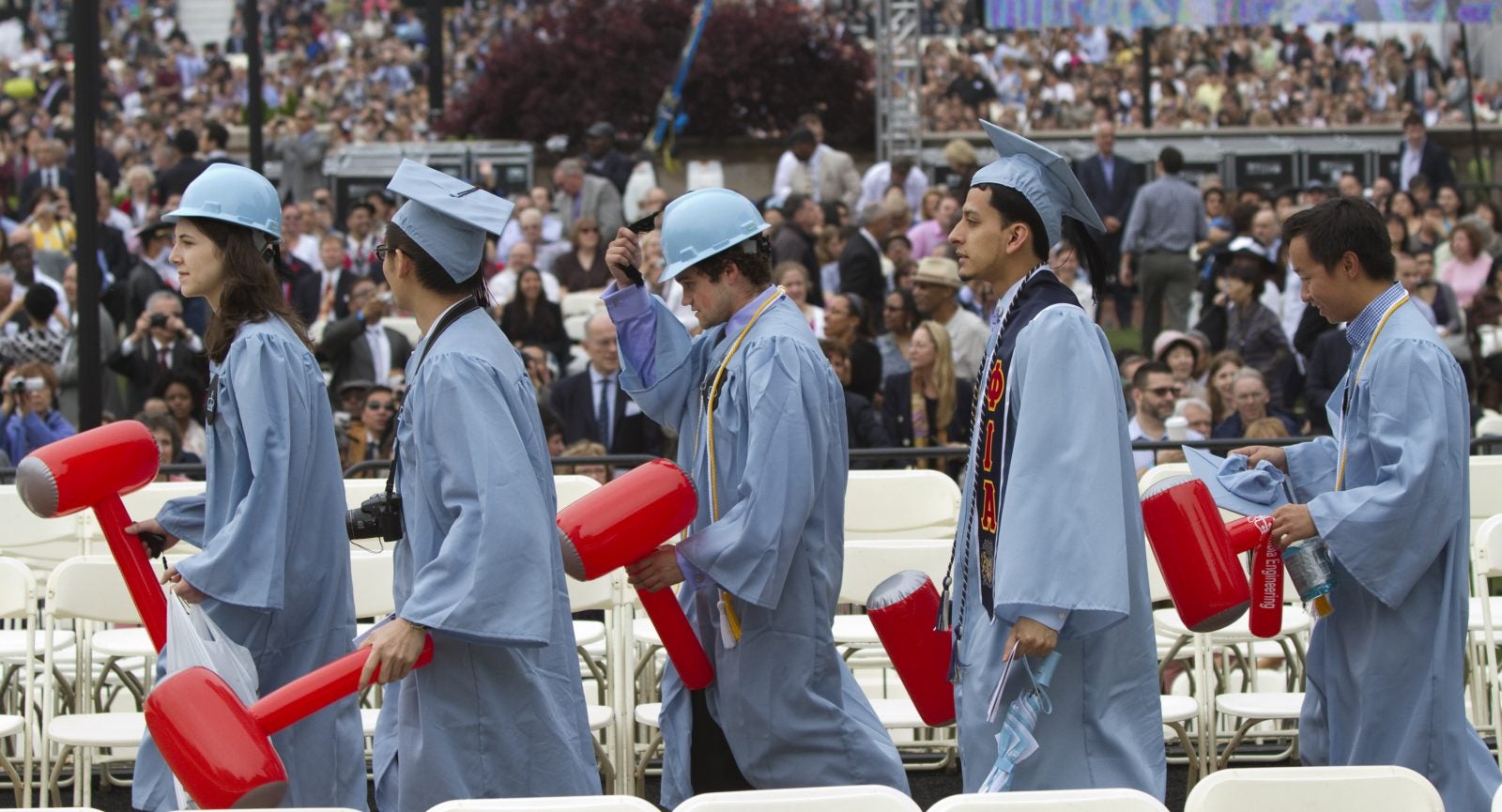Trump is driving Indian tech students away from American universities
The Donald Trump administration’s protectionist rhetoric seems to have put off Indian students.


The Donald Trump administration’s protectionist rhetoric seems to have put off Indian students.
The number of Indian students enrolling for graduate-level programmes in computer science and engineering in the US declined by 21%, or 18,590, in 2017 compared to the previous year, according to a recent report (pdf) by the National Foundation for American Policy (NFAP), a Virginia-based non-profit public policy research organisation. The report is based on data from the US department of homeland security.
This took a toll on the overall number of international students enrolling with US colleges, which fell by 4% in 2017, the report said.
“Indian graduate students completing degrees in science and engineering at US universities are a major source of talent for US companies,” NFAP said in its report. If the trend continues, it could have a profound negative impact on students, universities, companies, and the US economy, the report said. “The US government policy, such as the Trump administration’s announced plans to restrict the ability of international students to work after graduation, could accelerate any negative trends.”
International students constitute a large part of the students at most US universities, particularly in tech fields like electrical engineering (93%) and computer science (88%). “At many US universities, both majors and graduate programmes could not be maintained without international students,” the NFAP had said in an October 2017 report.
The US government’s protectionist stance has been a cause of concern for Indian students as well as professionals. While it has so far not restricted Indians from getting a US visa, it has taken several small steps to make the process hard for immigrant workers. For instance, it made the process of applying for the much sought-after H-1B visas far more stringent and is reworking the policy of issuing work permits to the spouses of H-1B visa-holders employed in the US.
Over the last year, these rules have prompted many Indian students to return to India rather than seek US jobs.
“The US needs to collectively acknowledge the value of highly-educated foreign nationals and provide for them an environment in which they and their families can thrive, while simultaneously avoiding the abuses that have led to negative public opinion in this area,” Richard Burke, CEO of Envoy, a global immigration management platform for employers, told Quartz.